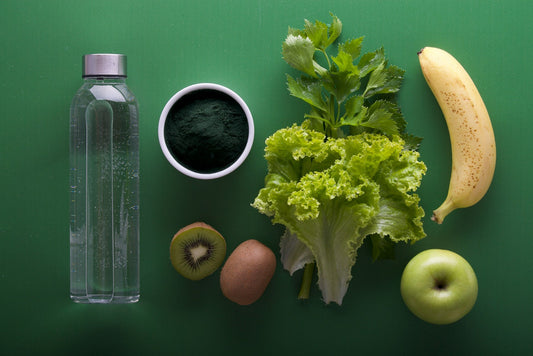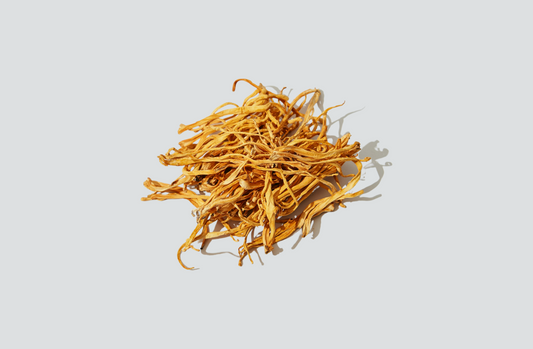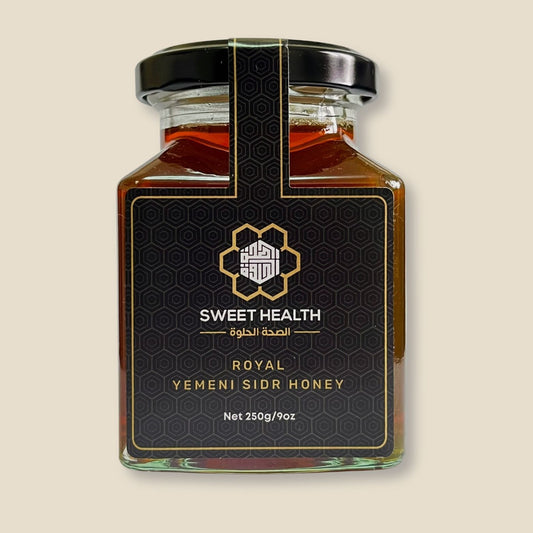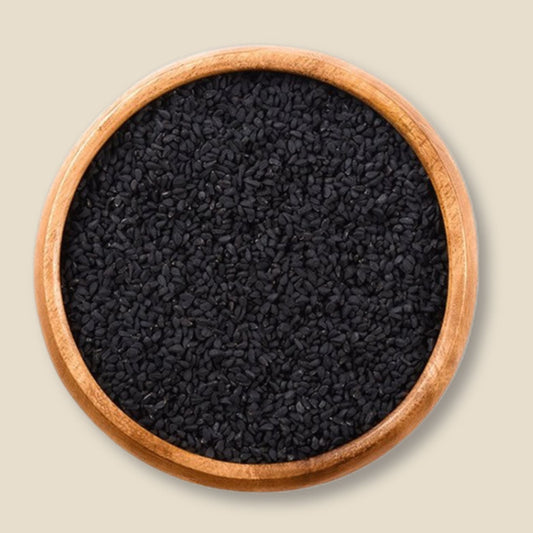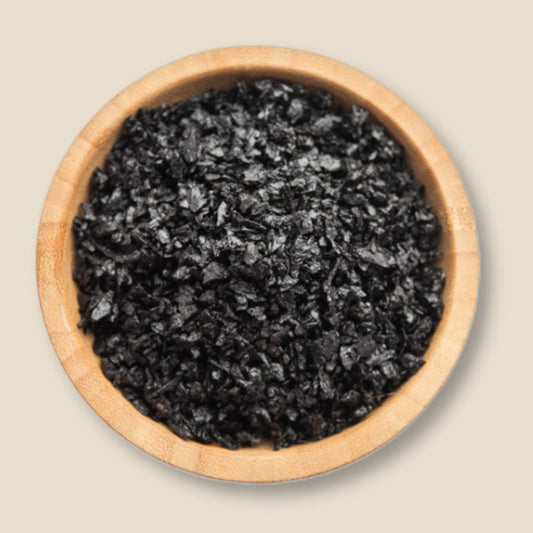
Holistic Immunity: Nutrition, Sleep & Stress Tips
Abdullaah KhanShare
Holistic Approaches to Immunity: A Reader-Friendly Guide
We get it, you want to feel invincible, wake up every day brimming with energy, and keep those pesky colds at bay. But how exactly do you go from “Argh, my nose is stuffy again!” to “Hey, I can smell the roses… and the coffee… and everything else!”? It starts with viewing your body as a whole system rather than a single, overworked defence shield.
Below, we’ll explore the role of food, lifestyle, and stress management in supporting a healthy immune system, all in straightforward language with a dash of humour along the way. Keep reading; we promise it’ll be more fun than waiting in line at the pharmacy.
Food for Thought.. and Immunity
If your immune system were a TV drama, its biggest plot twist would be the gut. Your digestive tract is home to trillions of microbes (a.k.a. gut flora) that communicate with your immune cells. In fact, about 70% of your immune cells reside in the gut, so nurturing healthy digestion can pay off in a big way.
- Eat the Rainbow: No, not literally picking up crayons. We’re talking colourful fruits and veg, red peppers, blueberries, kale, sweet potatoes. These are rich in antioxidants, vitamins (A, C, E), and minerals to keep immune cells happy.
- Probiotics & Prebiotics: Embrace probiotic foods like yoghurt, kefir, or sauerkraut. Prebiotics (found in onions, garlic, bananas, oats) feed the good bacteria.
- Protein Power: Lean proteins, think fish, pulses, and chicken are essential for building immune cells and antibodies.
Ready to swap out that sugary snack for a quick dose of vitamin C? Add a handful of organic berries to your mid-afternoon routine and see if your taste buds can keep up with the tang!
Sleep: The Unsung Hero
Move over, green juice. One of the most straightforward (but often ignored) ways to support immunity is getting enough shut-eye. Studies suggest lack of sleep can hamper immune response, making us more susceptible to infections. It’s like trying to fight a battle with a tired army—they might give it their best shot, but they’re running on fumes.
- Aim for 7–9 Hours: Consistency is key, so try to maintain a regular sleep schedule, even on weekends.
- Create a Bedtime Ritual: Shut off electronics 30 minutes before bed, brew some herbal tea, and slip into cosy pyjamas. You’ll be training your brain to recognise these cues as a sign that it’s time to rest.
When late-night cravings strike, opting for a drizzle of Raw Royal Yemeni Sidr Honey on a slice of wholegrain toast can satisfy your sweet tooth without resorting to refined sugar.
Stress Less, Support More
Picture stress as that annoying housemate who leaves dirty dishes in the sink. If it piles up, your immune system suffers. Chronic stress elevates cortisol (the stress hormone), which can dampen immune function over time.
- Mindfulness & Meditation: Even a quick, 5-minute daily practice can help lower stress levels. There are plenty of free apps to guide you through breathing exercises or short meditations.
- Physical Activity: Gentle forms of exercise like walking, yoga, or swimming can help lower stress hormones. Plus, you’ll get an endorphin boost to elevate your mood.
- Herbal Traditions: If you’ve ventured into the world of Ayurvedic and traditional remedies, you may have heard of Himalayan Shilajit Resin. While research is ongoing, some wellness enthusiasts use it for its potential rejuvenating and stress-management properties.
Next time you’re feeling frazzled, try taking a few deep breaths—stress management doesn’t have to be fancy; it just has to work.
The Immune-System Super Team: Vitamins & Minerals
No immunity guide is complete without giving vitamins and minerals their due spotlight:
- Vitamin D: In the UK, you might not always get enough sunlight, particularly from October to March. Vitamin D helps immune cells function properly, so consider a daily supplement if recommended by a healthcare professional.
- Vitamin C: Beyond oranges, try bell peppers, broccoli, and strawberries. Believe it or not, yellow peppers often have more vitamin C than oranges!
- Zinc & Selenium: Found in seeds, nuts, and legumes, these trace minerals help immune cells operate at peak performance.
Next time someone asks why you’re munching on pumpkin seeds, just tell them, “For the zinc, my friend. For the zinc.”
Looking to incorporate more immune-supportive ingredients into your meals? Experiment with Organic Raw Black Seeds (Nigella sativa) or Virgin Cold Pressed Egyptian Black Seed Oil. They’re both popular in various traditional practices for their reputed health benefits.
Lifestyle Habits That Pack a Punch
Your immune system doesn’t work in isolation—it’s influenced by a host of daily habits, including:
- Hydration: Water helps transport nutrients to cells and flush out waste. If plain water bores you, add cucumber slices or fresh mint.
- Alcohol in Moderation: Too many tipples can compromise immune function. Keep an eye on your weekly units!
- No Smoking: Smoking damages the immune system, making it less effective at fending off infections.
Next time you fill up your glass, think of water as the VIP pass your body needs to keep running smoothly. Cheers!
A pinch of Organic Himalayan Kashmiri Kesar Saffron in your dishes or tea can add a luxurious flavour note, and saffron has been studied for potential antioxidant properties that may complement a healthy lifestyle.
Putting It All Together: A Daily Immune Routine
- Morning: Start with a balanced breakfast, maybe porridge topped with berries and a sprinkle of nigella seeds for an extra nutrient punch.
- Midday: Choose a balanced lunch (like a hearty soup or veggie-packed sandwich) and, if there’s any sun, go for a brief walk to help your body synthesise vitamin D.
- Afternoon Reset: Feeling a slump? Swap the usual biscuit for fruit or a small yoghurt drizzled with Raw Royal Yemeni Sidr Honey.
- Evening Wind-Down: Limit screen time, do light stretching or yoga, and prioritise a full night’s sleep.
Reader Hook: Challenge yourself to a week of better sleep, mindful eating, and regular movement you might be surprised at how quickly your body thanks you.
If you’re feeling adventurous, you could even stir a tiny pinch of saffron or a dab of Himalayan Shilajit into a warm beverage in the evening, but always follow recommended usage guidelines.
A Note on Supplements
While certain supplements—like vitamin D or zinc—can support overall health, it’s always best to obtain as many nutrients as possible from whole foods. If you’re considering supplements, speak with a registered dietitian or healthcare professional to ensure they’re right for you.
Final Thoughts
Supporting a healthy immune system isn’t about overnight miracles or chugging 15 green juices a day. It’s about sustainable, holistic habits, balanced nutrition, good sleep, stress management, and consistent self-care. Make small, meaningful changes in your lifestyle and diet (with a helping hand from a few carefully chosen natural products), and you’ll be giving your immune system a fighting chance to shine.
Remember, no single food or pill can guarantee you’ll never catch a sniffle. But by embracing a holistic approach, and sprinkling in a little natural goodness from Sweet Health you’re setting yourself up for the healthiest version of you.
References
- NHS. (2023). Vitamins and minerals.
- Irwin, M. R. (2019). Why Sleep Is Important for Health: A Psychoneuroimmunology Perspective. Annual Review of Psychology, 70, 143–167.
- National Center for Complementary and Integrative Health. (2020). Adaptogens: What You Need To Know.
- Public Health England. (2016). Vitamin D: Advice on Supplements for At Risk Groups.
- World Health Organization. (2020). Physical Activity.
Disclaimer: This article provides general information and does not replace professional medical advice. Always consult your GP or a qualified health professional for personalised guidance.


